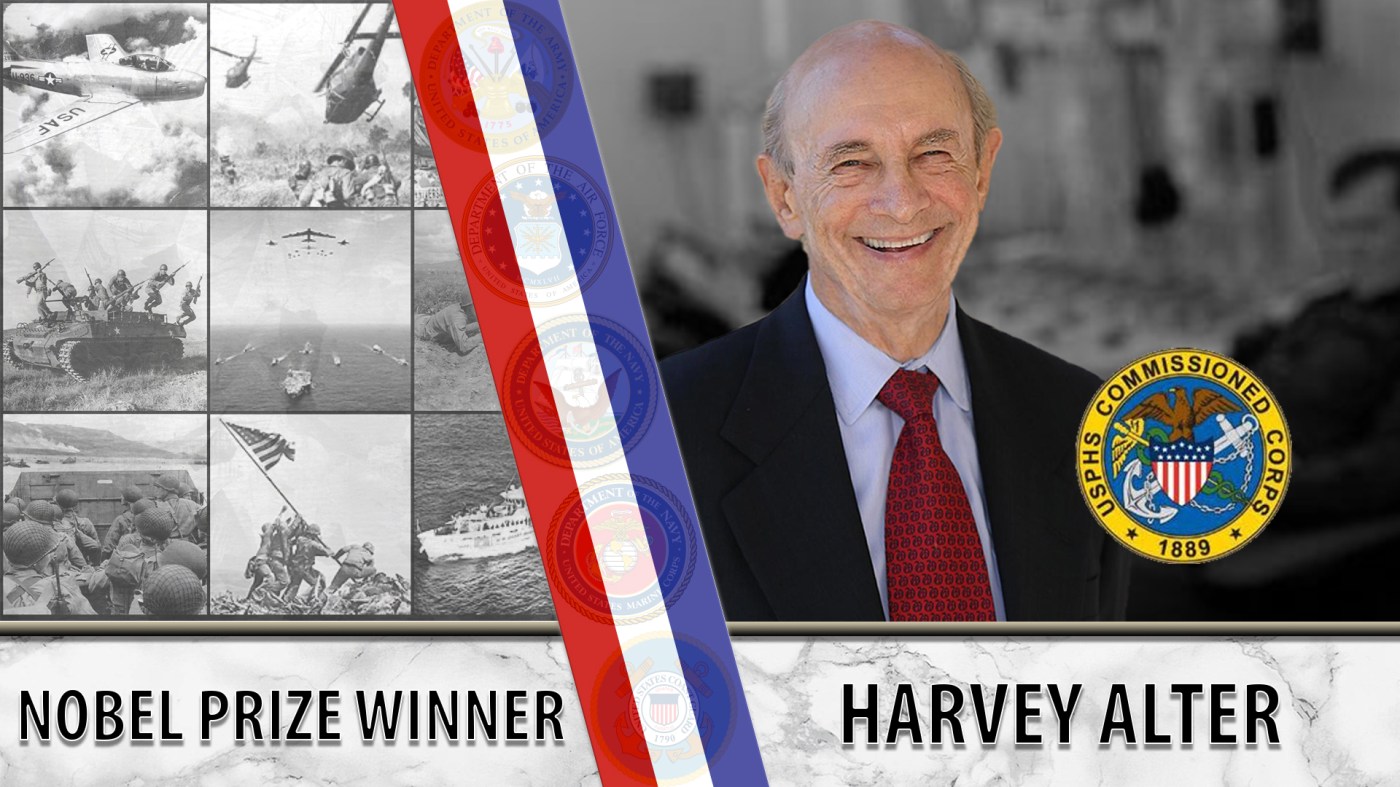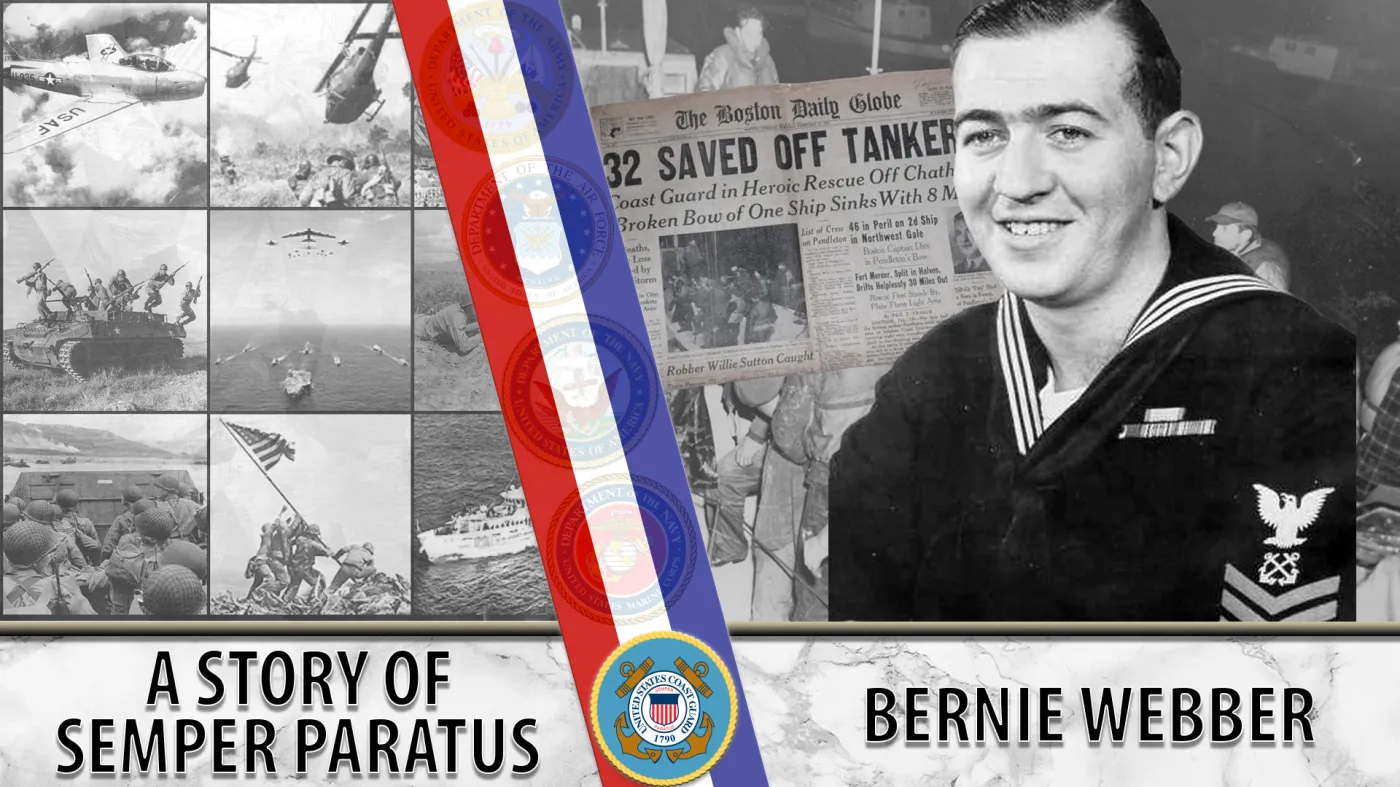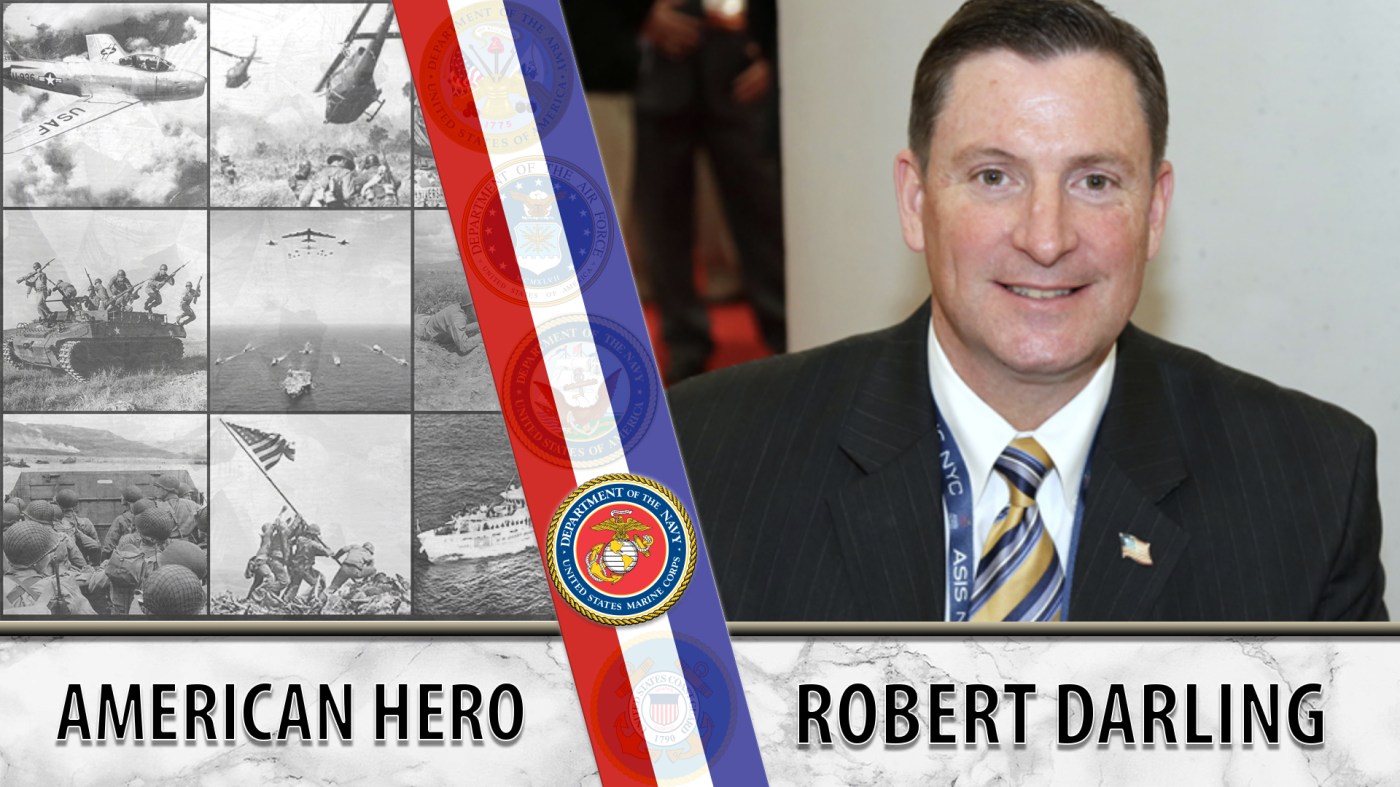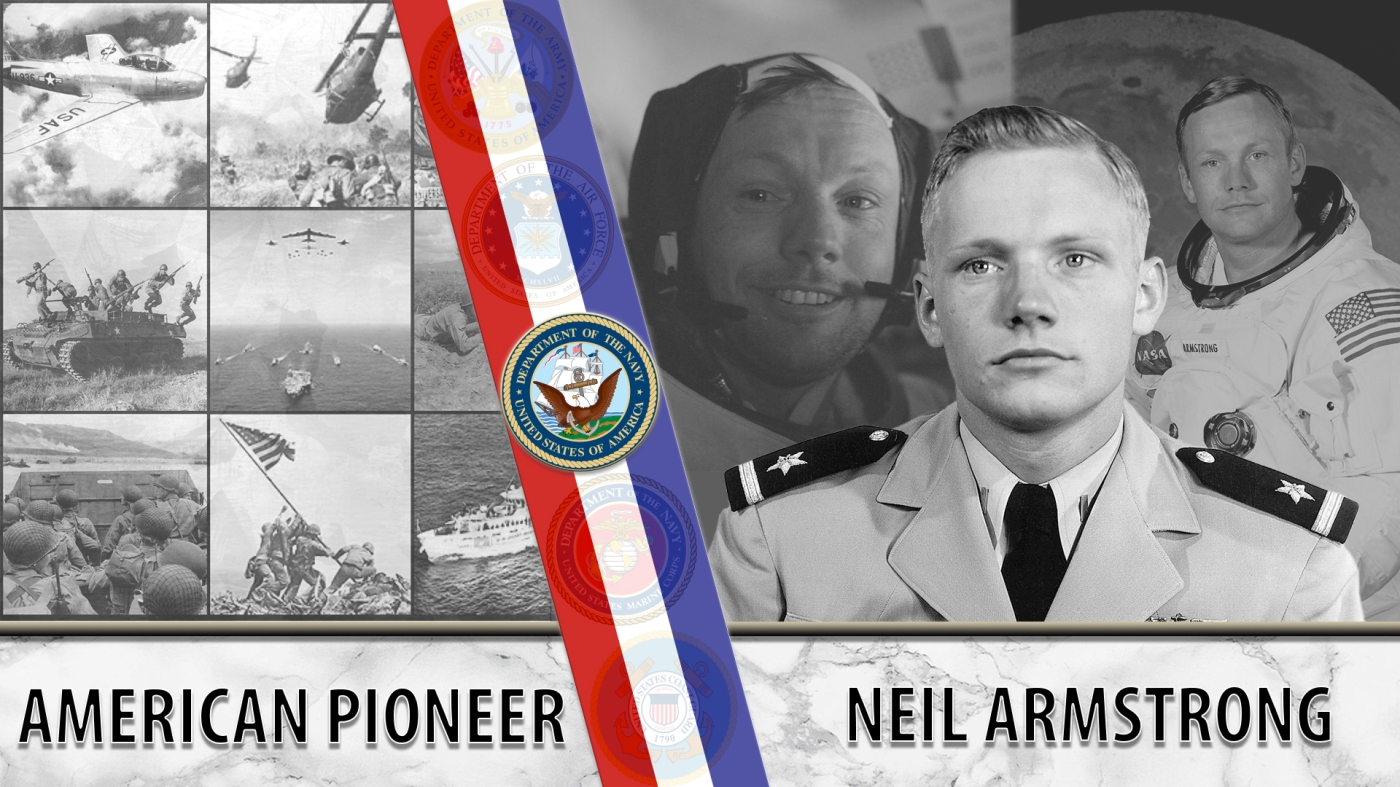
Harvey Alter served in the U.S. Public Health Service Commissioned Corps; later, he helped discover the hepatitis C virus, where he was recognized with a Nobel Prize for his research.
Harvey Alter was born in 1935 in Manhattan and was raised in a Jewish household. As a child, he enjoyed watching baseball with his father, juggling his interest in America’s pastime with his passion for science.
Alter attended the University of Rochester, and while initially struggling, he eventually learned how to excel. After graduating, he enrolled in Rochester Medical School, where he completed an internship and residency focused on internal medicine at Strong Memorial Hospital.
During Alter’s first year of residency in 1961, he received a draft letter. He was surprised to receive this because he had already been accepted to the National Institutes of Health (NIH). Despite this acceptance, he had not yet received his commission to the U.S. Public Health Service (USPHS), prompting the draft letter. Alter was given a position at the Division of Biologic Standards before he was expected to report to his assigned base for the draft. The USPHS took precedence over his draft letter, turning Alter into a member of the “Yellow Berets.”
While with NIH, Alter was exposed to medical research and gained practical skills and knowledge. He began his work at the NIH Blood Bank, but he was later transferred to the Clinical Center Department of Clinical Pathology. It was here that he and Baruch Blumberg discovered the Australian Antigen: an indicator of the hepatitis B virus which led to the creation of the hepatitis B vaccine.
Alter left NIH for a brief period of time in 1964 to complete a hematology fellowship at Georgetown UniversitThere, he went on to become an assistant professor and the head of hematology research.
In 1969, the NIH blood bank called Alter asking him to return and study hepatitis associated with transfusion. There, he led a project to collect blood samples to study. This research reduced the risk of transfer-associated hepatitis to nearly zero percent via the introduction of blood screening processes. It also led to the discovery of non-A and non-B hepatitis, which would later be identified as hepatitis C in 1989. Alter – along with Michael Houghton and Charles Rice – were awarded the Nobel Prize for Physiology or Medicine in Dec. 2020.
In an interview with Commissioned Officers Association Frontline, Alter said, “I owe a lot to the Commissioned Corps: it gave me my start and supported my research, and I’m very, very grateful to that.” Alter always imagined he would pursue private practice, but his start at the Commissioned Corps and in the NIH led him toward a life of research and monumental discoveries.
We honor his service.
Writer: Kimberly Kassis
Editors: Jacob Reis, Christopher Wilson
Fact Checker: Ileana Rodrigues
Graphic Designer: Grace Yang
Topics in this story
More Stories
Bernie Webber led one of the greatest Coast Guard rescues in history that was later chronicled in the book and movie, “The Finest Hours.”
As the events of 9/11 unfolded, Marine Veteran Robert Darling served as a liaison between the Pentagon and Vice President Dick Cheney in the underground bunker at the White House.
NASA astronaut Neil Armstrong was the first person to walk on the moon. He was also a seasoned Naval aviator.






